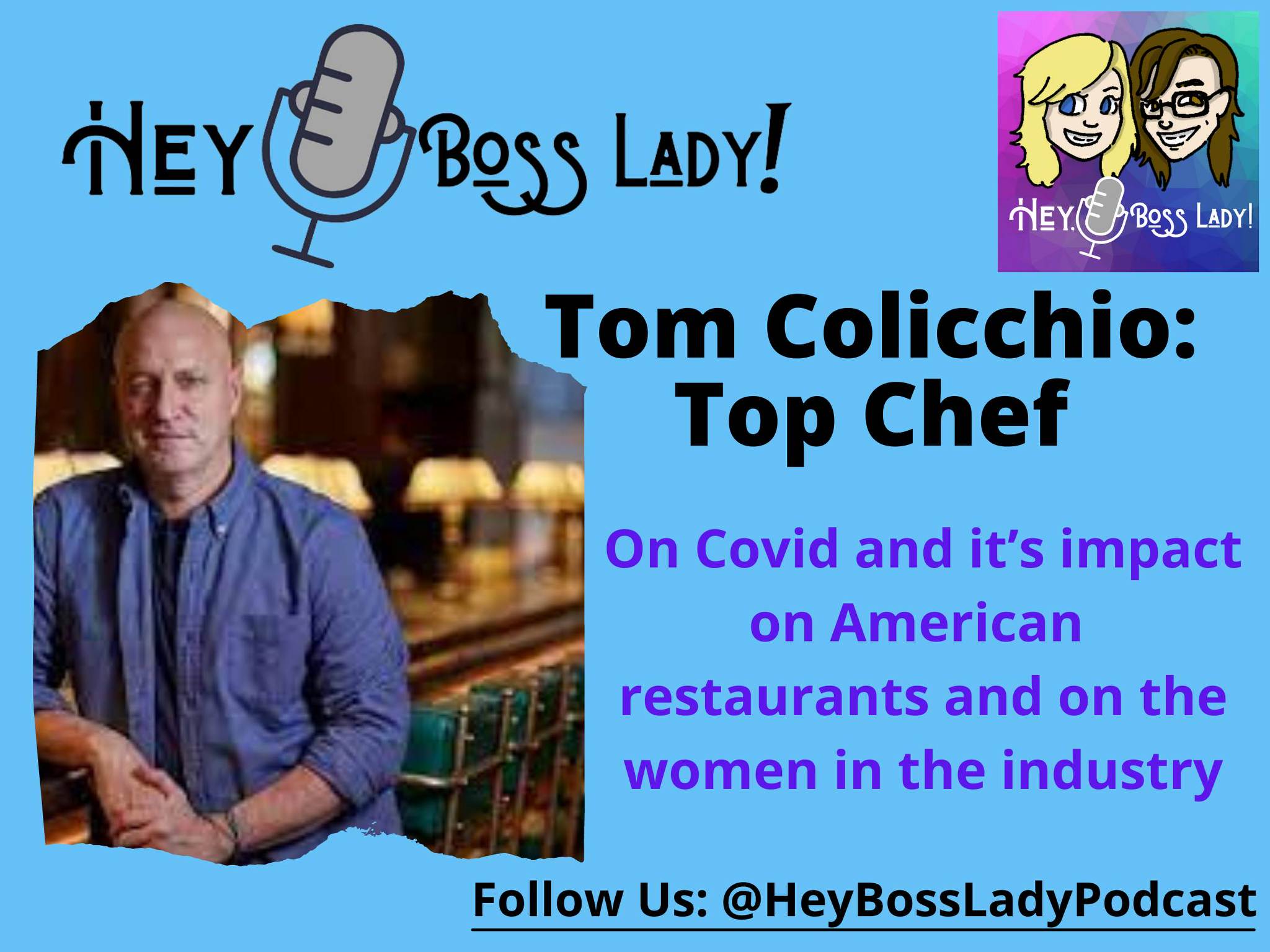“Workplace Cannabis Policy: Corporate America’s New Recruiting Opportunity” By Andrea Goeglein originally ran on Recuriter.com
I think it is only fitting that I publishing this piece on my grandson Miles‘ 21st birthday. He knows all too well my opinion on recreational cannabis use, and still loves me in spite of those opinions!
Let me be clear from the onset. I am not an advocate of using substances as a replacement for doing the deep work of personal development. I am a student of how substances of all kinds from alcohol to chocolate can be used in place of doing the deep work of personal development. What my observations have taught me is to be open to the possibility of how and why any of us indulges in any substance — especially if the indulgence takes places at in the workplace.
The following piece is more a ‘possibility’ piece. It is an attempt to call out something that is happening and learn how to form policy productively. I would appreciate your comments and thoughts.
Workplace Cannabis Policy: Corporate Ameria’s New Recruiting Opportunity
If you knew that a company culture permitted or even promoted cannabis use, would you choose to work there?
This may not be the first question you ask when assessing a potential employer, but as cannabis use is gradually legalized at the state level, the impact on the workplace cannot be ignored.
Since long before it was legal anywhere, people have reported that working while high had a calming effect, making them less agitated by day-to-day stressors, more creative, and less apprehensive when giving presentations. For an equally long time, however, others have reported being stoned at work reduced the quality and quantity of their work, making it hard to live up to their career potential. Even people who do not indulge in cannabis use themselves have many anecdotal stories of support or condemnation.
Unlike alcohol and many other drugs, cannabis has documented medicinal tendencies that make its use more complicated to regulate. The greatest challenge of all, however, might just be statistically insufficient evidence to help form corporate policy and use.
Corporate America has a new recruiting opportunity. It can choose to lead one of the greatest social experiments of the 21st century, or it can adopt a wait-and-see attitude while its chance to impact cannabis-use policies goes up in smoke. What is at stake is not just evidenced-based cannabis-use policies but also how the cannabis industry will be regulated once federal laws are changed, opening the flood gates of investment and ownership by the largest corporate names.
To help start the conversation, I invited a diverse group of cannabis users to complete a questionnaire about their cannabis use at work and its impact on their work and careers. Respecting that currently in the United States it is federally illegal to produce, buy, sell, or use cannabis in any form, what follows is an amalgamation of the responses. The respondents included men and women who are comedians and attorneys, medical professionals and cryptocurrency pioneers, ranging in age from 25 to late 70s. All have used cannabis a minimum of five years. Use frequency ranged from daily to recreational, meaning only when off work and on personal time.
Prominent among the respondents are the attorney who crafted the original drug policy for the ski industry in the 1980s and his wife. They stand out in age, experience, educational background, achievement, and openness. They differ in their opinion of use at work. The ski industry attorney, who indulged in cannabis use recreationally, was adamant it had no place at work, especially in industries where safety was a concern. He could think of no occasion when use would enhance workplace results.
Equally adamant was the attorney’s spouse, who managed a small hotel. Without being ever so lightly “lit,” she said, cleaning rooms when the housekeeping staff did not show up was just not possible! With equal parts humor and sincerity, she explained how light use of cannabis helped smooth the edges of monotonous daily office tasks and customer service issues.
Both the attorney and his wife support the use of cannabis for medicinal purposes, yet they caution that safety issues must take precedence.
The issue of safety and responsibility for the quality of work output seemed to hold across all respondents. From the crypto startup with 45 employees that openly promoted a culture of cannabis use to the comedian who would not work without it, there was a clear differentiation between reaping the benefits of cannabis to enhance the work experience and product and abuse or “stoner” behavior. The former was welcomed, the later was uniformly not tolerated.
What the working comedian, a daily user, wrote seemed to speak for many: “If I am working on a project with someone that smokes to ‘get high,’ I would rather not work with them. I do take my job and the quality of my work seriously. It has my name on it.”
Admittedly unscientific in its grounding, there appeared to be an understanding among participants that if a task required logical cognition, use of cannabis did not enhance work output or potential. One respondent offered, “If I have to write a blog, I will not smoke. If I need to do a presentation or speak in front of people, I absolutely will.”
The younger the respondent, the less likely they were to know if their company had a drug and alcohol policy and what the policy said if it existed. The mere combining of cannabis with other substances such as alcohol seemed to cause the most discomfort. No respondent felt alcohol had a place at work.
Businesses have an opportunity to engage in a sensitive conversation with integrity and build trust through conversation. Cannabis is being used in the workplace — it’s that simple. Let’s use the workplace to gather and analyze real data on the impact of cannabis on productivity. It would be advised to develop policies in full respect of and cooperation with local and federal laws that ensure high-quality performance and an atmosphere of honesty.
Andrea Goeglein is a certified happiness coach, a mentor coach, and a positive psychology coach. Learn more at https://servingsuccess.com/.




